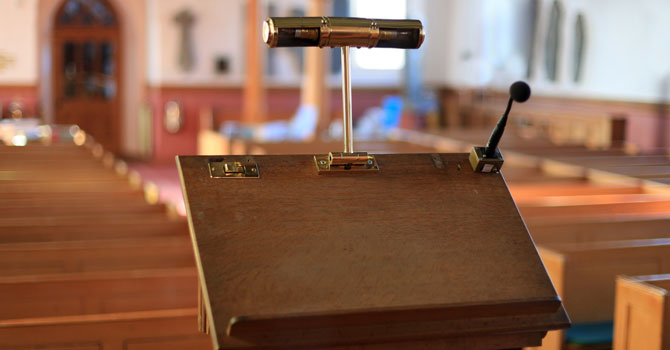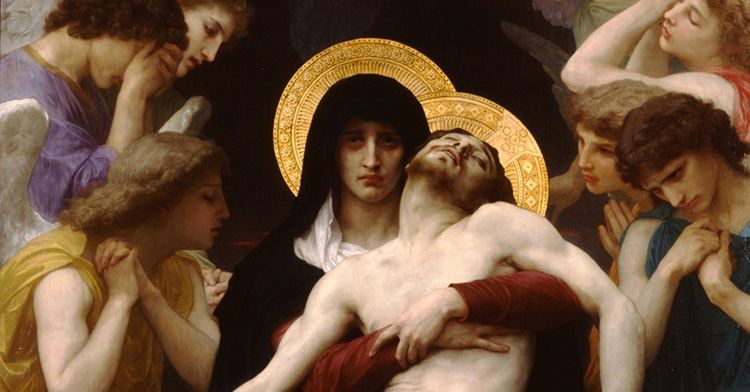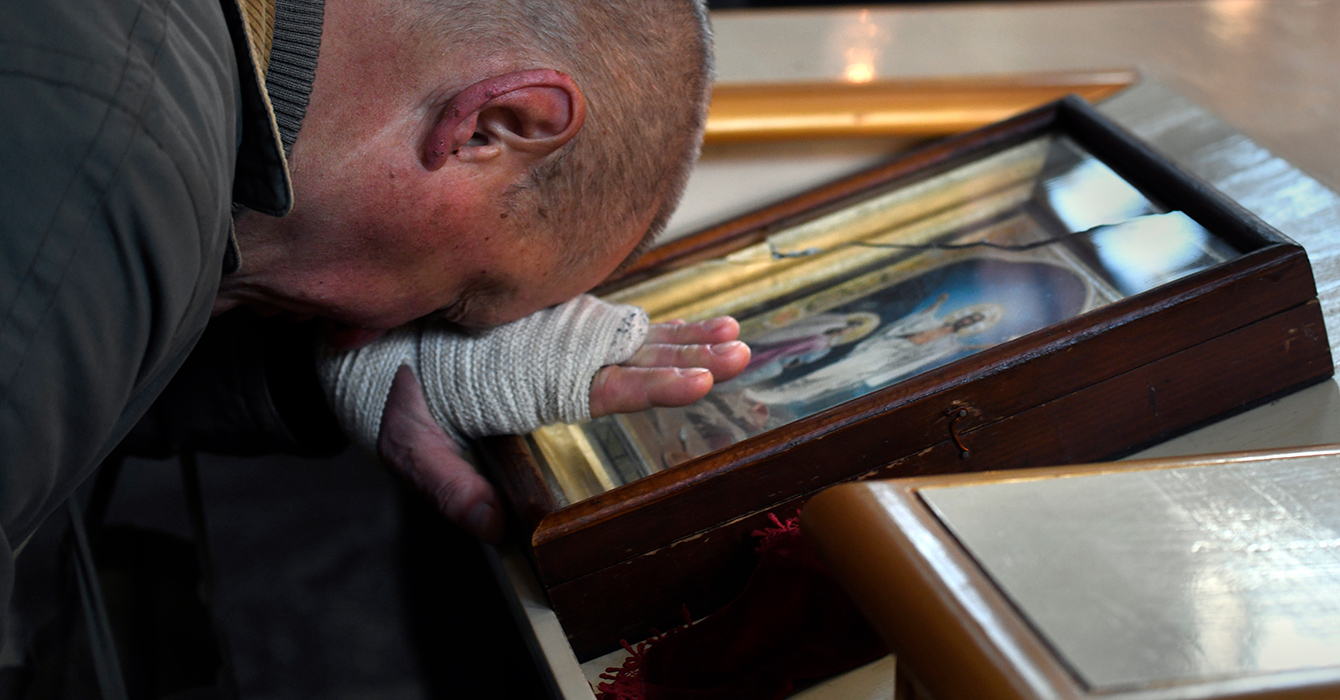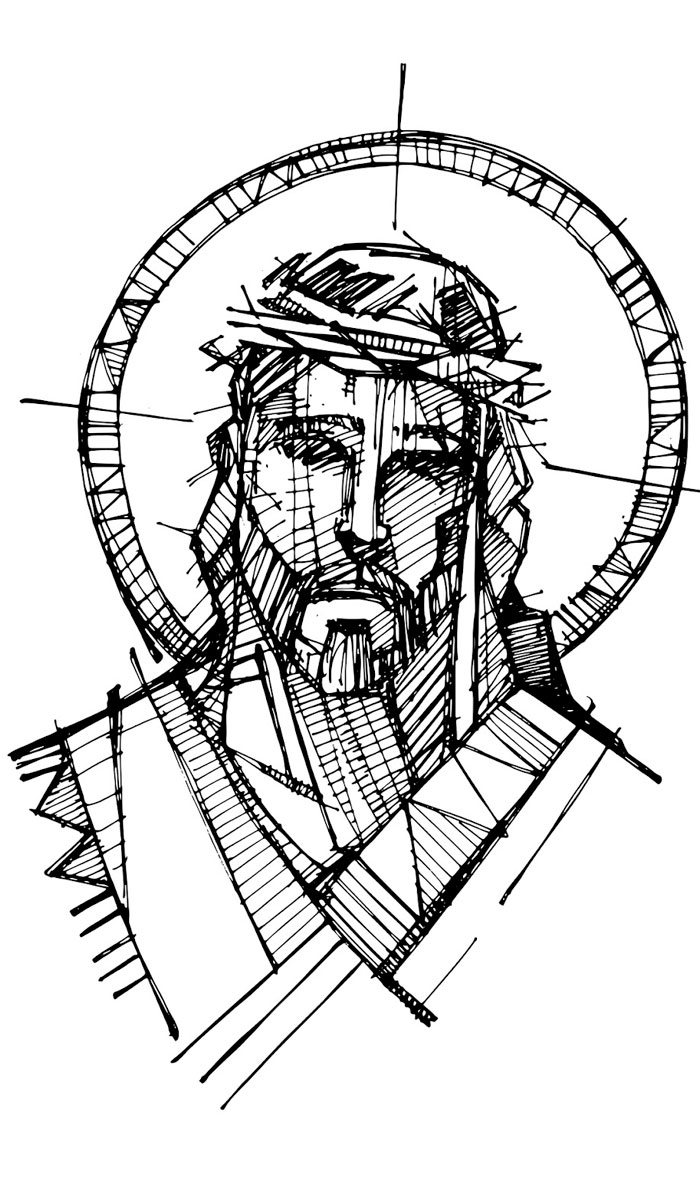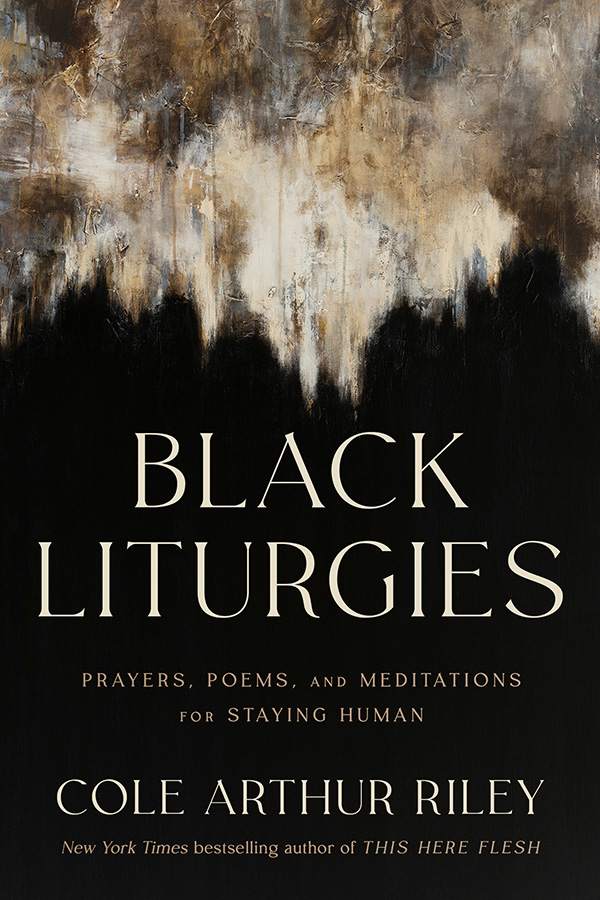Corporate worship is a gift of grace on any Sunday. And inviting a large assembly of disciples of Jesus on Easter Sunday to announce together the core conviction that Christ our Lord is risen is one of the holiest opportunities any minister can have.
I know I’m not the only pastor or believer struggling to imagine a very different Easter this year. How will we celebrate Easter in the midst of the pandemic? Can we really cancel Easter Sunday worship? What would Easter be like without gathered congregations?
We’ll find out.
As Easter Sunday draws closer, we will undoubtedly find technical resources to help us prepare for new ways of worship. For now, as we begin our preparations, there are some powerful truths to keep in mind.
Our struggle with giving up Easter Sunday worship is an extension of the difficulty we have already encountered in giving up weekly worship gatherings. The Christian faith is not about social distance. It is about a highly relational kind of love that has been forging community ever since Jesus called his first disciples and put them in relationship with each other. There is something beautiful about a congregation of any size gathered for worship and shared witness.
If we didn’t struggle to let that go, something would be wrong with us.
However, at the heart of our faith is also a sacrificial love that gives up all for the benefit of others. Didn’t Paul call us to have the same mind as Christ, who “emptied himself, taking the form of a servant, being born in human likeness, and … humbled himself … even [to] death on a cross” (Philippians 2:7-8)?
And didn’t that same Jesus teach us that the greatest love is “to lay down one’s life for one’s friends” (John 15:13)? Isn’t the heart of love of neighbor a willingness to sacrifice for that neighbor’s well-being?
When we stay home on Easter Sunday -- and every Sunday for the time being -- aren’t we responding to the call to love one another and the world as Jesus loves?
We must affirm that the resurrection of Jesus is not contingent on a large gathering. It is neither validated by the presence of a large crowd nor diminished by an empty sanctuary.
Easter cannot be canceled; the resurrection cannot be removed. The great mystery of our faith remains that Christ has died, Christ is risen and Christ will come again.
The risen Christ can meet us in our homes, along the paths of our lives and in the midst of the greatest challenges of our time. The question is not whether Christ is risen or even whether Easter will be celebrated.
The only question is how we will celebrate and participate in the resurrection miracle in a moment when the truth is more powerful than ever.
The first Easter was not celebrated in a large congregation. The resurrection was first announced to a small group of women gathered at a tomb and then proclaimed to disciples who were gathered behind locked doors consumed by fear and overcome with guilt.
The first Easter worship was held in a home, among a small group of disciples. The early church spread through small gatherings in homes all over Asia Minor and Europe. The witness of Scripture and the story of the early church are clear that the resurrection does not require large assemblies for validation; the power of the risen Christ is that he is everywhere, among all people, in every conceivable setting.
Because Christ is alive and has gone ahead of us, the ministry of the church can be carried out in homes and through relationships. That is how it was in the beginning -- and how it needs to be in this moment.
We should also remember that in every generation, there have been Christians living where public assembly on Easter could not take place. Even so, they have gathered in homes or huddled in secret or stepped aside in the midst of migration or persecution and declared their confidence that Christ is risen and that nothing in all creation can separate them from the love of God in Christ Jesus our Lord.
Some might say that the most powerful Christian witness would be for congregations to gather in spite of the virus, thereby announcing that the resurrected Christ is more powerful than COVID-19.
Yet to do so would be to risk exposing many people, including those most vulnerable, to infection and illness. There is already evidence that in some parts of the United States and the world, religious gatherings have hastened the spread of the virus.
Is participating in the spread of a highly contagious virus that we do not yet understand or know how to treat a powerful witness to the risen Jesus?
To insist on a public gathering Easter Sunday is to send the message that if we cannot gather, somehow the Easter reality is in doubt. At least as I see it, that is a false witness that undermines the truly incomprehensible power of the risen Christ.
This year, Christians around the world will experience an Easter Sunday unlike any other. Early on, most of my own thinking has been about what we will have to give up.
But now I find myself wondering -- what kind of unique and compelling worship and witness can we offer to the risen Jesus this Easter? As we gather in homes all over our communities and the world, as families sing hymns together, as we join together virtually and in the power of a love that will not let us go, might we not offer a very different but unmistakably beautiful witness to the resurrection of Jesus?
Why not go back to the place where Easter began? We will be at home, struggling with fear and listening to someone we love tell us, “I have seen the Lord!” (John 20:18).
This Easter, let us lay claim as never before to the world-altering, life-changing truth: Christ our Lord is risen. And may the response come from homes all over the world: He is risen indeed! Alleluia!

